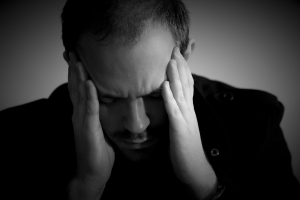Tags
atypical depression, Dallas Cowboys, Denver Broncos, sports depression, sports-related depression
 Since fans of the Dallas Cowboys, Denver Broncos, Baltimore Ravens and Carolina Panthers are probably pretty bummed out today after losing in the NFL playoffs this past weekend, I thought the following re-post, which is among the most widely-read posts on this blog, might again be useful for EAP practitioners who count sports fanatics among their corporate clients’ employees.
Since fans of the Dallas Cowboys, Denver Broncos, Baltimore Ravens and Carolina Panthers are probably pretty bummed out today after losing in the NFL playoffs this past weekend, I thought the following re-post, which is among the most widely-read posts on this blog, might again be useful for EAP practitioners who count sports fanatics among their corporate clients’ employees.
Sports can generate a high rush of adrenalin, especially when your favorite team is playing a long-awaited game. For many sports fans, the adrenalin rush and build-up in the media can span through the course of many days prior to the big game and then, leave a feeling of depression or melancholy when the game is over – especially if your favorite team loses. This is commonly referred to as “sports depression”, or atypical depression.
* If, after experiencing a favorite sporting event, the individual feels a sense of depression or melancholy, this is actually quite normal. In fact, expressing sadness through anger, crying, and even disinterest in activities is quite common in the day or two after the sporting event.
* For men, in particular, the onset of sports-related depression may suddenly turn to feelings of anger, which can lead to poor outcomes in interpersonal relationships – even affecting the ability to work or socialize normally.
* However, if the individual suffering from the sports depression does not seem to recover following a few days after the game, mental health services may be needed. In most cases, short-term counseling with a therapist – such as an EA professional — is effective… as is the use of rest, sleep, exercise and improved diet. The individual should also get back to doing something else he/she enjoys doing, other than watching football that is.
Source: Matzav Health (http://matzav.com).
